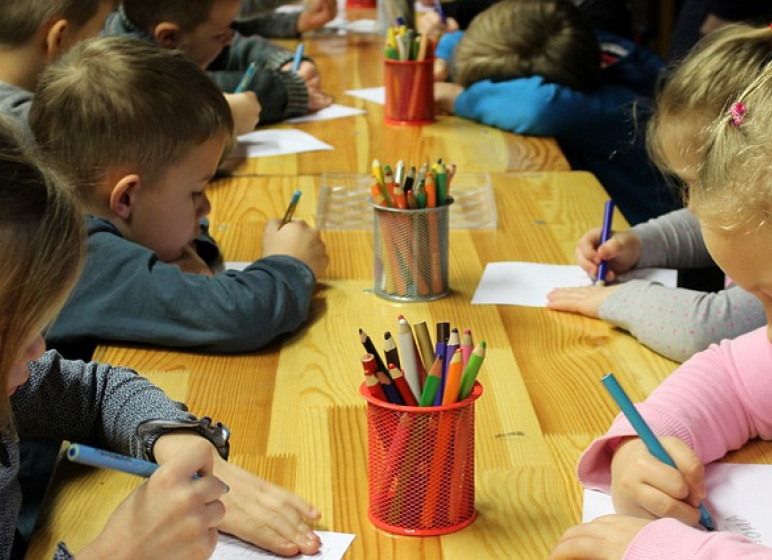
Childcare or preschool for children with SEND
For children with special educational needs and/or a disability.
All children can attend early years settings (nursery, pre-school, playgroup, child-minders). Some offer spaces for babies, others offer spaces from 2 years upwards.
Early years settings work to the Early Years Foundation Stage (EYFS) framework; the standards that school and childcare providers must meet for the learning, development and care of children from birth to 5.
Your child will be entitled to up to 15 hours a week of funded childcare from the term after their second birthday if:
- your child has an Education, Health and Care Plan (EHCP)
- or receives Disability Living Allowance (DLA)
If your child doesn't have an EHCP or receive DLA, there are other criteria that might mean your 2-year-old could receive funded childcare. You can check the criteria here: Funded childcare for 2 year olds.
All children are eligible for 15 hours of funded early education per week from the term after their 3rd birthday. Funded childcare for children aged 3 to 4 years.
Where a child with Special Educational Needs and Disabilities (SEND) attends a specialist setting (such as a Special School Nursery Assessment Unit or an Early Years Language Class), the funded hours must be allocated to these settings first before they are used with another setting. If a child attends a specialist setting for less than their funded entitlement, children will be able to receive their remaining hours at any other funded setting.
You should not be charged for the free hours. Some childcare providers offer free hours at specific times and many providers charge for extra services (e.g. lunch, nappies, and specific additional activities). The cost of these extra services should be clear and transparent to parents.
Useful links
- Funded childcare for 2 year olds
- Funded childcare for children aged 3 to 4 years
- SEND Code of Practice 0 to 25 from GOV.UK
- Early Years Inclusion


 Facebook
Facebook X
X Email
Email WhatsApp
WhatsApp Messenger
Messenger